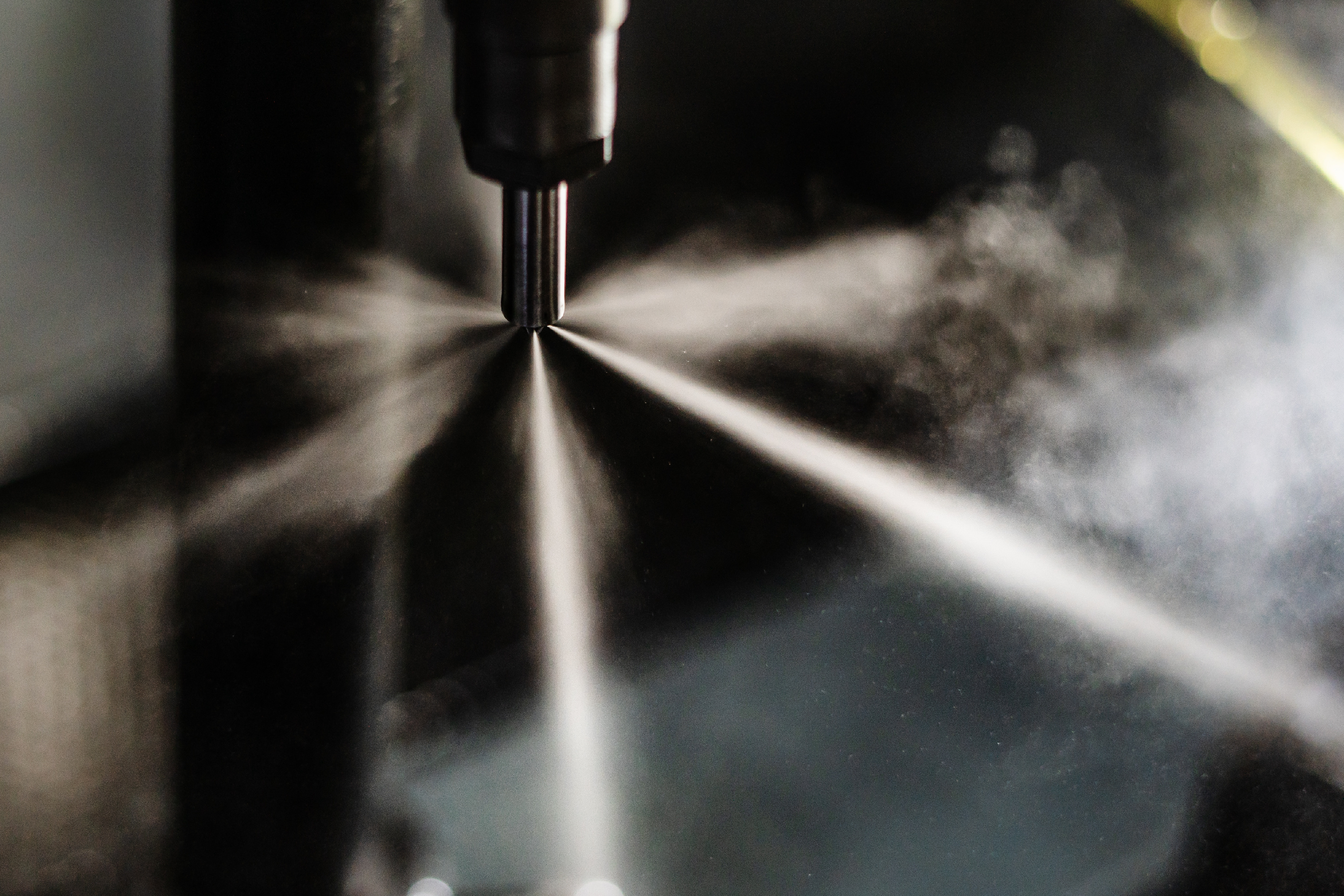Posted on 12/23/2022
.jpeg)
Brake rotors are the circular plates that are mounted to the wheels of a car. They are located between the brake pads and the wheels. They are responsible for helping the car stop when the brakes are applied. When the brake pedal is pressed, the brake pads clamp down on the brake rotors, causing the car to slow down or stop. Brake rotors are typically made of cast iron or steel and are designed to withstand the high levels of heat and stress that are generated when the brakes are applied. However, in certain circumstances, brake rotors can warp. There are several factors that can cause brake rotors to warp: Excessive Heat Brake rotors can become warped if they get too hot. This can happen if the brake pads are worn down and the metal backing plate is rubbing against the rotor, or if the brakes are overused or applied for an extended period of time. Improper Installation If the brake rotors are not installed the right way, it can cause them to warp. This can happen if the rotors a ... read more
Posted on 11/29/2022

Driving at night, in the dark, comes with a number of challenges that aren’t present during the daytime. It is a dangerous activity. No matter how seasoned of a driver you are, or how great your eyesight is, it is statistically shown that more car accidents happen at night than at any other time of day. Here are some tips to combat the hazards of driving past sunset: Don’t Skip Eye Appointments - We’re not trying to be your mom or dad, but annual eye appointments are key to making sure your eyes are healthy and in good shape to see the road at night. Naturally, our eyes weaken with age. So, you may find yourself needing some glasses or contacts at one point. Check Your Car’s Headlights - Another great tip we have to offer is to test your headlights. You’re going to rely on them more with less daylight this season. They should be bright enough and aim at a proper angle. Always Be On the Lookout for Wildlife - Canadian wildlife is unlike anywhere else. If ... read more
Posted on 10/31/2022
.jpeg)
Spark plugs are an integral part of a well-maintained engine, and it is essential that they have clean contact surfaces and unbroken electrodes. If the spark plugs in an engine are dirty or fouled, the engine's performance may get diminished. A faulty or fouled spark plug is one that is encrusted with oil, gasoline, or carbon or that has blistered from overheating. You risk serious harm to your engine if you drive a vehicle with worn or fouled spark plugs. Here are 5 signs that your spark plugs are worn out or fouled and need to be changed as soon as possible by a qualified mechanic. The next time your spark plugs need to be replaced, give A Plus Automotive a call. Reduced Gas Mileage A properly working spark plug is essential for a clean and efficient combustion cycle. If this happens, your automobile will get greater gas mileage than usual. Too little or too much space between the spark plug electrodes is usually to blame when the plug is not performing as it sh ... read more
Posted on 9/29/2022

With over a thousand parts, how is a vehicle affected by a component as mall as a fuel injector? The fuel injectors are one of the most important elements in your car. Without them, or when they malfunction, it affects the most important role of a vehicle, locomotion. But what exactly do fuel injectors do? The function of fuel injectors Before each combustion stroke, fuel injectors basically give the right quantity of gasoline to the engine. The gasoline is evenly distributed as a spray to each cylinder, ensuring an ideal combustion in the combustor. Any imperfection in the fuel flow to the cylinder might cause severe engine issues or even a failure. Based on the driver's demands in the moment, an electronic unit determines and regulates the electrochemical stimulation for releasing and closing the injectors. In order to inject the proper quantity of gas, the control module unlocks the injector for the necessary period of time. If you want to know whether you have dirty fuel inje ... read more
Posted on 8/30/2022
.jpeg)
There are many sounds that can come from your car, and they can be very helpful in diagnosing problems. Some sounds are normal, while others indicate that there is a problem that needs to be fixed. Squealing noise when you reverse may fall into either category, depending on the cause. If you notice a squealing noise when you put your car in reverse, it could be caused by any of the following: 1. Worn-out brakes: If your car's brake pads are worn out, they may squeal when you apply pressure to the brakes. This is typically a sign that it's time to replace the brake pads. 2. Loose brake caliper: A loose brake caliper can also cause squealing noises. If the caliper is not properly secured, it can move around and cause the brakes to squeal. 3. Dirty brake pads: If your brake pads are dirty, they may not be able to grip the rotors properly, which can cause squealing. Be sure to clean your brake pads on a regular basis to prevent this problem. 4. Worn-out rotors: If your car ... read more